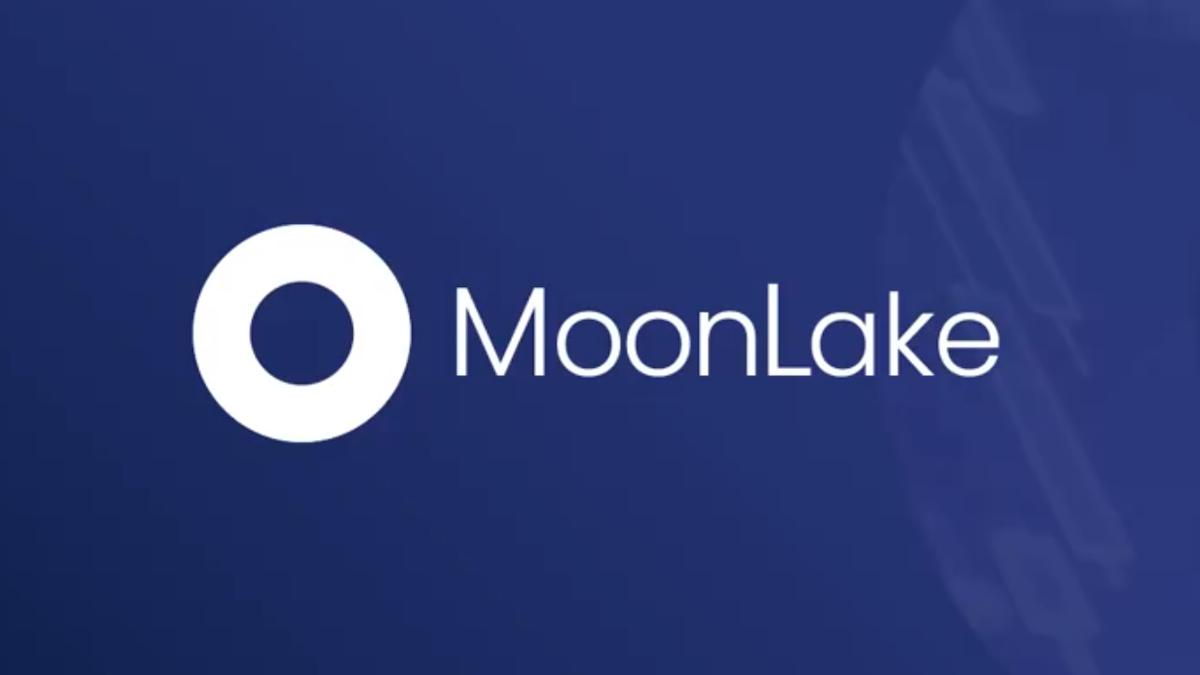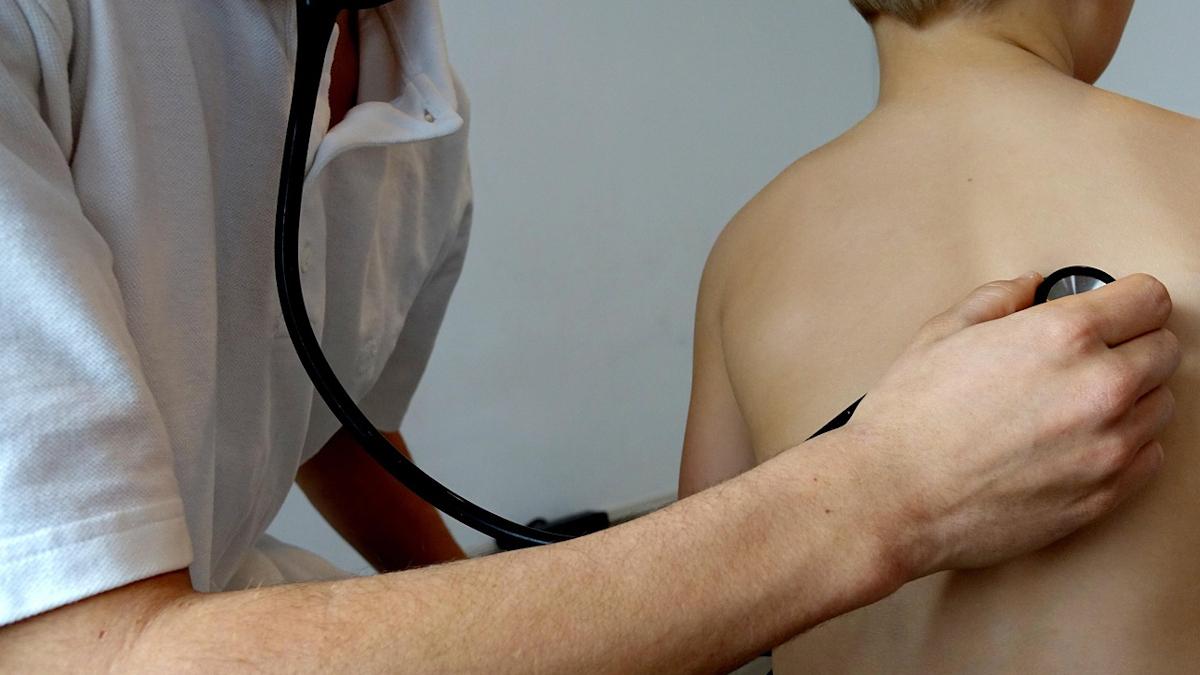MoonLake secures $500m for lead drug, plus other financings

MoonLake Immunotherapeutics has secured up to $500 million in non-dilutive financing from Hercules Capital, bolstering its cash reserves as it ushers its lead drug for inflammatory diseases through late-stage development.
The four-year-old Swiss biotech needs plenty of financial muscle as it advances on a broad front with sonelokimab, an IL-17-targeting nanobody in eight phase 2 and phase 3 clinical trials across indications, including a pair of pivotal trials in skin disorder hidradenitis suppurativa (HS) that is due to read out in the summer.
Nasdaq-listed MoonLake is hoping to launch sonelokimab in its first indication in 2027, backed up by additional uses in inflammatory diseases, including juvenile HS, palmoplantar pustulosis (PPP), psoriasis, psoriatic arthritis, and axial spondyloarthritis (axSpa).
The new financing facility adds to the $448 million cash reserves held by the Zug-based company at the end of 2024 and puts it "in control of our financing strategy [so] we can drive the advancement of sonelokimab in multiple indications while building our commercial readiness activities including in the US," according to chief executive Dr Jorge Santos da Silva.
MoonLake is hosting an investor meeting later this month (29th April) in New York to provide further details of its clinical and commercial strategy.
Three big rounds for AIRNA, Atsena, and Neurona
Also this week, RNA-editing specialist AIRNA raised $155 million in Series B funding, led by Venrock Healthcare Capital Partners and Forbion Growth, as it prepares to move its lead drug for candidate for alpha-1 antitrypsin deficiency (AATD) into human testing.
The US-German biotech is in the final stages of preparation for a phase 1/2 trial of AIR-001, which aims to correct the most common SERPINA1 mutation (PiZ) in AATD, an inherited disorder whose primary consequence is life-threatening pulmonary emphysema. The subcutaneously administered therapy is a potential rival to Wave Life Sciences' RNA-editing therapy for AATD, WVE-006, which generated positive phase 1b/2a trial results last October.
The round was supported by investors that include RTW Investments, Arch Venture Partners, Nextech Invest, Forbion Ventures, and ND Capital.
Atsena Therapeutics gathered $150 million from a third-round financing that it hopes will provide the resources needed to take its gene therapy for X-linked retinoschisis (XLRS), an inherited disorder mainly diagnosed in male children that can lead to blindness, through clinical development and onto the market.
ATSN-201 is currently being studied in a phase 1/2 trial – LIGHTHOUSE – which started in 2023 and is due to read out before the end of this year, according to the Durham, North Carolina-based biotech. In the study, patients receive an injection of the gene therapy in one eye, with their other eye used as a control. Biogen was previously developing a gene therapy for XLRS in collaboration with Applied Genetic Technologies Corp (AGTC) but abandoned the programme in 2018 after disappointing phase 1/2 data.
The round was led by new investor Bain Capital, with participation from Sofinnova Investments, Abingworth, Wellington Management, Lightstone Ventures, Foundation Fighting Blindness, Hatteras Venture Partners, Osage University Partners, and the Manning Family Foundation.
Finally, South San Francisco-based regenerative medicine specialist Neurona Therapeutics pocketed $102 million in a Series B, with the proceeds set aside to usher its off-the-shelf cell therapy for a serious form of epilepsy through a phase 3 trial that is scheduled to start in the latter half of this year.
The stem cell-derived therapy, dubbed NRTX-1001 and engineered to secrete the inhibitor neurotransmitter GABA, is being developed to treat drug-resistant mesial temporal lobe epilepsy (MTLE), the most common form of focal epilepsy. At the moment, the recommended treatment for drug-resistant MTLE is surgery, which raises the risk of memory impairment and other side effects, and Neurona hopes to show in the EPIC trial that NRTX-1001 can provide a less invasive alternative.
The financing featured more than a dozen investors, including Fidelity Management & Research Company, The Column Group, Soleus Capital, Viking Global Investors, and Cormorant Asset Management.












